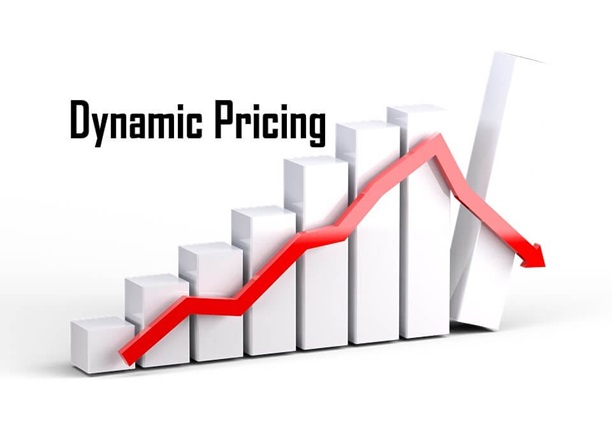-
Call for Anything
+91 9910371785
-
You may send an email
info@nuzninfotech.com
-
Sunday - Closed
Mon - Sat(10.00 AM - 7.00 PM)
Maximizing Hotel Distribution Efficiency: 5 Tech Trends That Enhance the Guest Journey
In today’s competitive hospitality landscape, efficiency in hotel management software distribution isn’t just about selling rooms—it’s about delivering a seamless, personalized experience for guests at every stage of their journey. From booking to post-stay engagement, technology is transforming how hotel reservation software connect with travellers. Here are five game-changing tech trends helping hoteliers maximize distribution efficiency while enhancing the guest journey.
1. AI-Driven Personalization: Anticipating Guest Needs
Artificial intelligence (AI) is revolutionizing hotel reservation software distribution by enabling hyper-personalization. By analyzing guest data—such as booking history, preferences, and online behavior—AI helps hotels craft tailored offers that resonate.This personalization extends to every touchpoint in the guest journey, from recommending relevant packages during booking to suggesting activities during their stay. Personalized experiences not only boost guest satisfaction but also increase direct bookings and upsell opportunities. Example: An AI system might detect that a guest frequently books spa treatments during their stay and offer a discounted spa package at the time of reservation.

2. Channel Optimization Through Unified Distribution Platforms
Managing multiple distribution channels is a complex task, but unified platforms are making it easier. These systems allow hoteliers to manage room inventory, pricing, and promotions across all channels—including OTAs, metasearch platforms, and direct bookings—in real time.Unified platforms minimize errors like overbookings and ensure consistency in pricing, leading to greater operational efficiency by hotel management software. This seamless connectivity also helps guests enjoy a hassle-free booking experience, no matter where they choose to book. Example: A guest booking through a metasearch platform sees the same real-time availability and rates as someone booking directly on the hotel’s website, creating a transparent and reliable experience.

3. Dynamic Pricing for Fair and Flexible Rates
Dynamic pricing powered by machine learning is becoming essential for online hotel booking management software aiming to stay competitive. These systems analyze demand trends, market conditions, and competitor rates to recommend pricing adjustments that maximize revenue without alienating guests. This approach ensures guests receive competitive, fair pricing while giving hotel booking management software the flexibility to optimize revenue based on real-time market dynamics. Example: During a sudden surge in demand for a weekend getaway, dynamic pricing ensures rates reflect the market while offering incentives for early bookers.

4. Contactless Technology for a Seamless Experience
The demand for contactless solutions has surged, and this technology continues to enhance the guest journey. From mobile check-ins and keyless room access to app-based room controls, contactless technology offers convenience while minimizing physical interactions.On the distribution side, these tools streamline the booking process. Guests can complete their reservation, choose room preferences, and even schedule check-in times—all from their smartphones by online hotel booking management software. Example: A guest can use a hotel’s app to book a room, check in remotely, and access their room with a digital key, creating a frictionless experience from start to finish.

5. Immersive Technology in the Booking Process
Augmented reality (AR) and virtual reality (VR) are adding an immersive layer to the booking journey. Guests can take virtual tours of hotel rooms, explore facilities, and even preview local attractions, helping them make more informed decisions.This technology bridges the gap between expectation and reality, leading to higher satisfaction and fewer booking-related disputes. By offering an immersive preview,hotel booking management software build trust and set the stage for memorable stays. Example: A family planning a vacation might explore a VR tour of a hotel’s family suite, complete with interactive views of the pool area and kid-friendly amenities, ensuring their choice aligns with their expectations.

Maximizing distribution efficiency is no longer just about technology—it’s about creating a seamless guest journey that begins at the moment of discovery and continues beyond the stay.By leveraging AI, unified platforms, dynamic pricing, contactless solutions, and immersive technologies, hoteliers can optimize operations while enhancing the guest experience.As guest expectations continue to evolve, adopting these tech trends will not only drive efficiency but also position hotels as leaders in delivering exceptional, personalized experiences for making the best hotel management software in India. The future of hospitality is about blending innovation with empathy, ensuring every guest feels valued and cared for at every step of their journey.
More Searches
Top restaurant management software companies
Restaurant management software
top 10 software companies in india
Best Billing Software In India
